12 March 2015
THE LAST DAY OF HARVEST - ALMOST
I rose to the first mist of autumn and a light frost on the grass for the last day of harvest. Time to pick the baby bush vines, which have a surprisingly good yield after five years getting their roots in. This is the earliest end of vintage most folks round here can recall.
Young bush vines take a while to get their roots down into the moisture, so they've got a dripline to help them with a meagre dribble from the dam in very dry years like this.
Once the winter sheep came off the vineyard at the beginning of the vine-growing season, the Kikuyu grass, Pennisetum clandestinum, took over the groundcover in some places, leaving Michael Lane and his vineyard crew worrying about how to kill it off without using the poisonous Roundup glyphosate that conventional vignerons would by rote apply. They haven't yet found a solution, but now harvest's over the sheep will go back in for the autumn and winter, chew it up, and turn it into neat little pellets of fertiliser.
The pickers didn't have to leave many imperfect bunches behind: the crop is excellent: bigger yields than expected, and fruit in perfect nick, with crunchy brittle pips, rich flavour and texture, and still real zippy natural acid.
It was a delightfully warm day. The crew picked efficiently and laughed a lot.
I admire Peter Fraser's determination to grow vineyards in the old bush vine format. Nobody does this anymore. It takes a year or two longer to get a good crop, but the vines become more robust and drought-resistant, their roots will delve deeper than vines which live off drippers and the flavours are more intense. Very few vignerons have the patience to practise this sort of viticulture. But these little babies will become the Old Vines of the future.
At the winery, the destemmer first takes all the berries from the stalks.
Even really good-looking bunches hold a percentage of crud and bugs, which the Vaucher Beguet sorting machine takes out. In the old days, with even the fussiest winemaking, this stuff went into the ferments. Now it goes onto the mulch heap with the stalks, to be worked over and broken down for fertiliser for use in the vintages to come.
Which leaves the happy winemaker with pure caviar, like this delicious Grenache:
In the end, the yields were so good that the pickers got ahead of the winery, so were let go for the day to return to finish the job tomorrow ... all photos Philip White
Young bush vines take a while to get their roots down into the moisture, so they've got a dripline to help them with a meagre dribble from the dam in very dry years like this.
Once the winter sheep came off the vineyard at the beginning of the vine-growing season, the Kikuyu grass, Pennisetum clandestinum, took over the groundcover in some places, leaving Michael Lane and his vineyard crew worrying about how to kill it off without using the poisonous Roundup glyphosate that conventional vignerons would by rote apply. They haven't yet found a solution, but now harvest's over the sheep will go back in for the autumn and winter, chew it up, and turn it into neat little pellets of fertiliser.
The pickers didn't have to leave many imperfect bunches behind: the crop is excellent: bigger yields than expected, and fruit in perfect nick, with crunchy brittle pips, rich flavour and texture, and still real zippy natural acid.
It was a delightfully warm day. The crew picked efficiently and laughed a lot.
I admire Peter Fraser's determination to grow vineyards in the old bush vine format. Nobody does this anymore. It takes a year or two longer to get a good crop, but the vines become more robust and drought-resistant, their roots will delve deeper than vines which live off drippers and the flavours are more intense. Very few vignerons have the patience to practise this sort of viticulture. But these little babies will become the Old Vines of the future.
At the winery, the destemmer first takes all the berries from the stalks.
Even really good-looking bunches hold a percentage of crud and bugs, which the Vaucher Beguet sorting machine takes out. In the old days, with even the fussiest winemaking, this stuff went into the ferments. Now it goes onto the mulch heap with the stalks, to be worked over and broken down for fertiliser for use in the vintages to come.
Which leaves the happy winemaker with pure caviar, like this delicious Grenache:
In the end, the yields were so good that the pickers got ahead of the winery, so were let go for the day to return to finish the job tomorrow ... all photos Philip White
Subscribe to:
Post Comments (Atom)
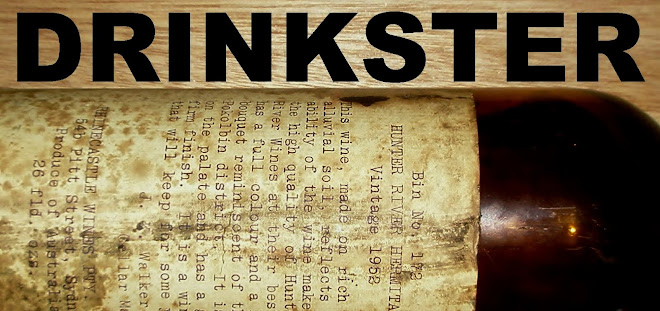
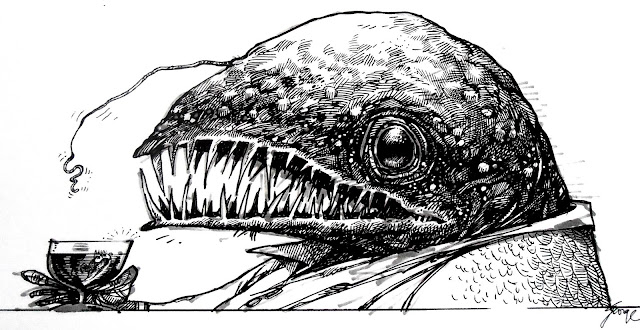
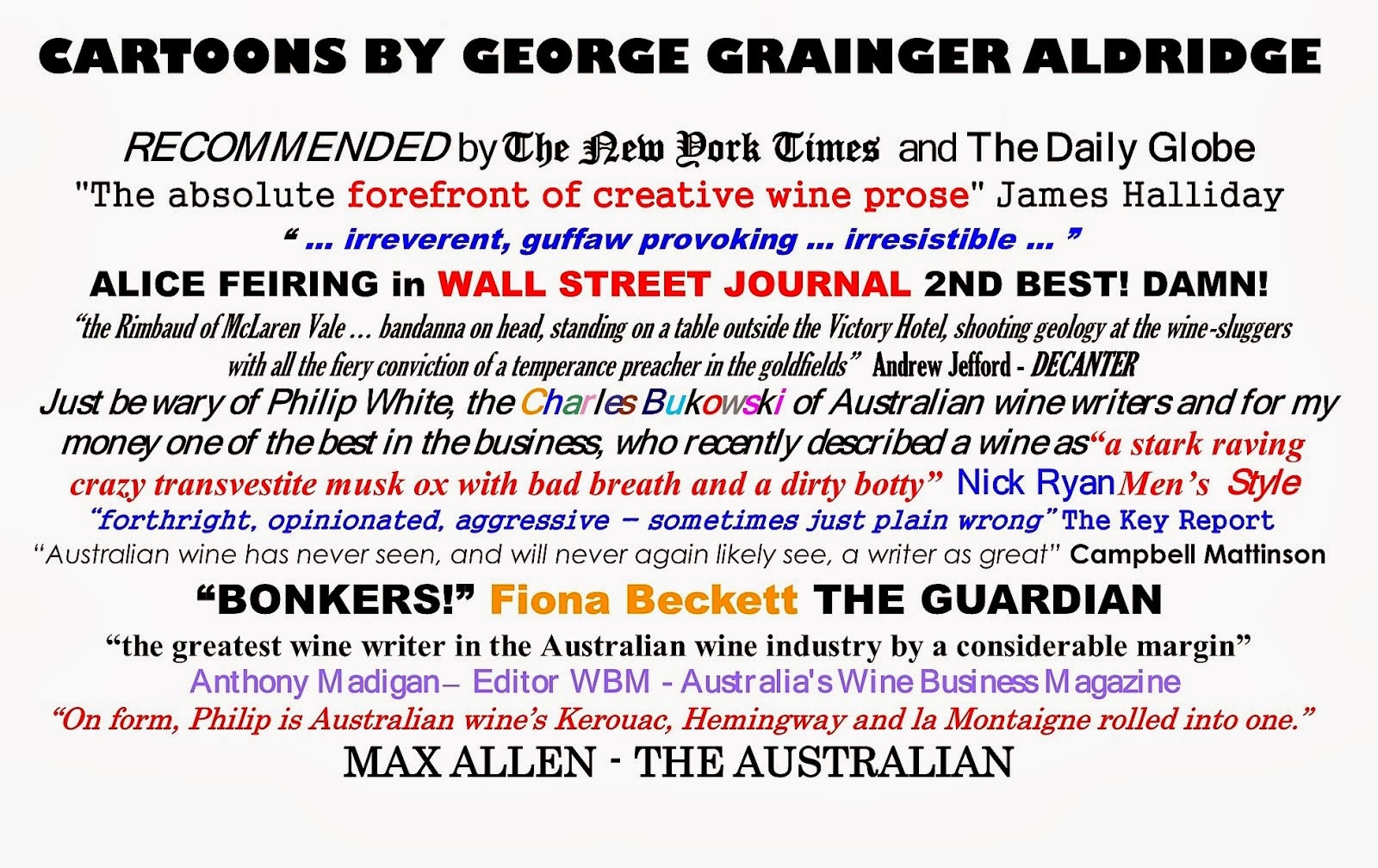









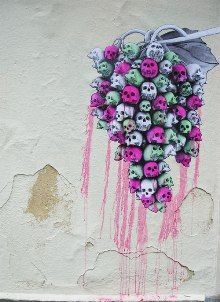






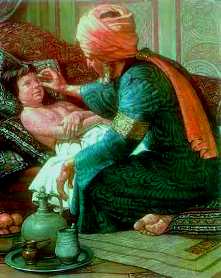

No comments:
Post a Comment